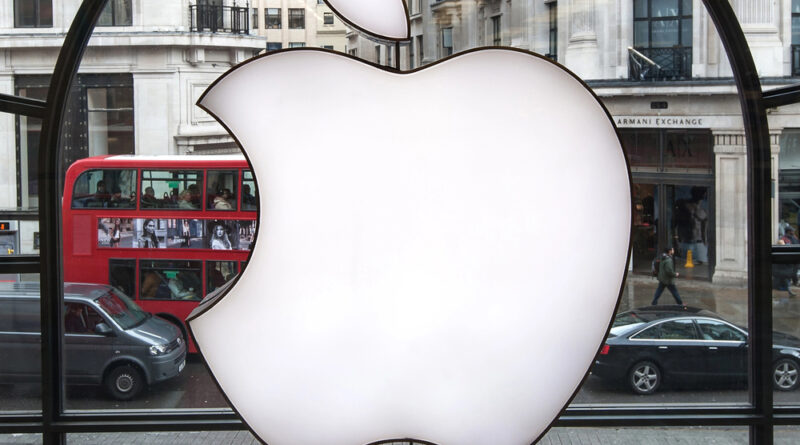Apple Appeals UK Government’s Order for Encryption Back Door in Secret Court Hearing
In a dramatic clash between tech giants and government authorities, Apple is appealing a British government order that would require the company to create a “back door” into its encrypted cloud storage systems. A secret hearing held Friday at London’s Investigatory Powers Tribunal focused on this contentious issue, with no media allowed inside despite formal requests from major news organizations.
The dispute centers around a “technical capability notice” reportedly issued by the UK government in February. According to earlier reports from The Washington Post, this notice directs Apple to enable access to encrypted messages and photos, even for users located outside the United Kingdom. In response, Apple has already taken action by removing its most advanced cloud data encryption, known as Advanced Data Protection, for new users in Britain.
Details of the case remain under wraps. Neither Apple nor the British government has publicly confirmed the existence of the technical capability notice, leaving many questions unanswered. The BBC described the Friday hearing as “an application in private”—an indication that the proceedings were part of Apple’s appeal against the government order.
Representing the British government, James Eadie—a lawyer involved in the nation’s most significant legal cases—attended the session, though he declined to comment on the matter. Meanwhile, a lawyer acting on behalf of 10 media organizations, including Reuters and the BBC, sought to have the case heard in public. However, the application was dismissed; the hearing lasted approximately six hours behind closed doors, with no further submissions allowed from the media.
The case has ignited controversy among civil rights advocates. Both Privacy International and Liberty, prominent groups in the field of digital rights, have condemned the secrecy of the proceedings and the sweeping nature of the technical capability notice. Caroline Wilson Palow, Legal Director at Privacy International, argued that undermining end-to-end encryption is “unacceptable and disproportionate,” stressing that encryption is vital for protecting individuals from harassment and oppression worldwide.
This legal battle is set against a backdrop of a long-running global debate over encryption. Governments and technology companies have consistently clashed over the balance between national security and individual privacy. While authorities argue that robust encryption can impede investigations into serious crimes—ranging from terrorism to child exploitation—tech companies warn that any back door risks the privacy and security of all users.
The controversy has drawn international attention. U.S. officials are reportedly probing whether the British demand might have breached the CLOUD Act—a law that prevents cross-border data requests for US citizens without proper legal process. Former U.S. President Donald Trump criticized the order, likening it to measures seen in authoritarian regimes and insisting, “We told them you can’t do this,” during a recent interview with The Spectator magazine.
Britain’s Home Office has declined to comment further on the case. Security Minister Dan Jarvis recently told Parliament that the government maintains a policy of neither confirming nor denying the existence of technical capability notices, adding, “What I can say is that the suggestion that privacy and security are at odds is not correct; we can and must have both.”
As the legal proceedings continue behind closed doors, the outcome of Apple’s appeal could have far-reaching implications for the future of encryption and digital privacy worldwide.
Photo Credit: DepositPhotos.com

